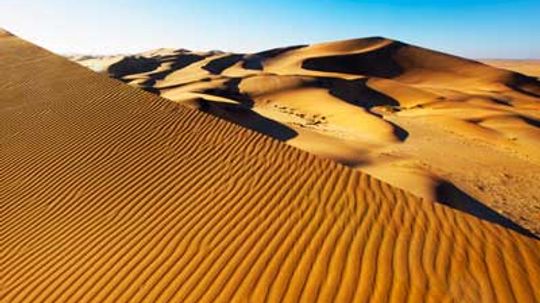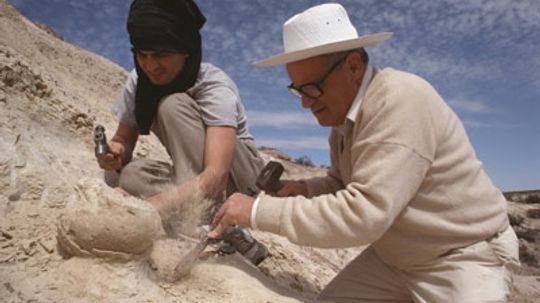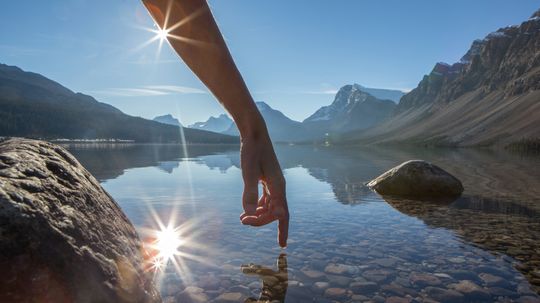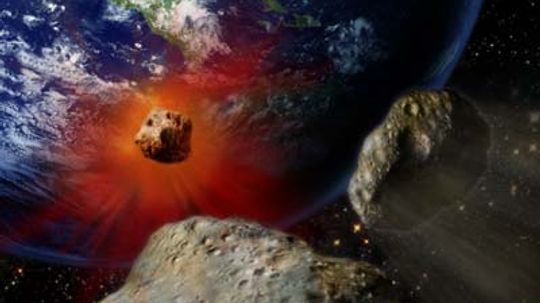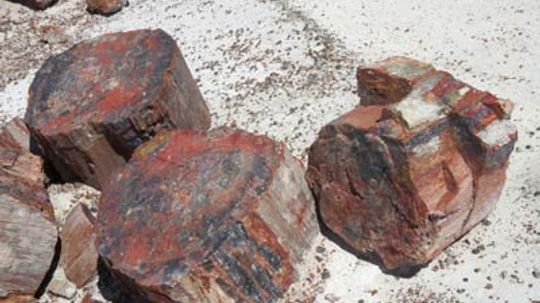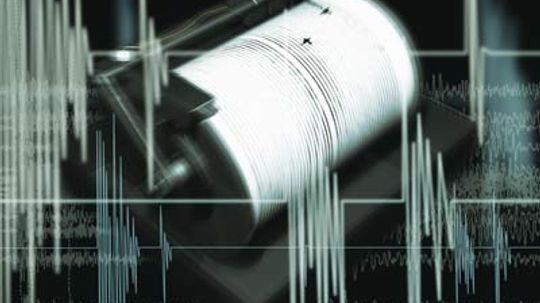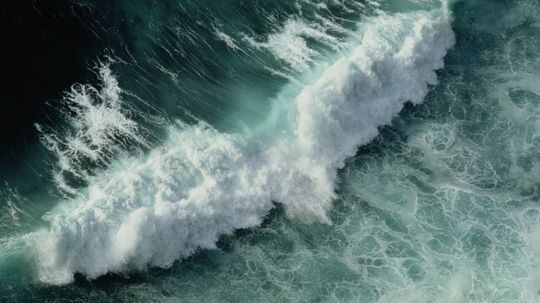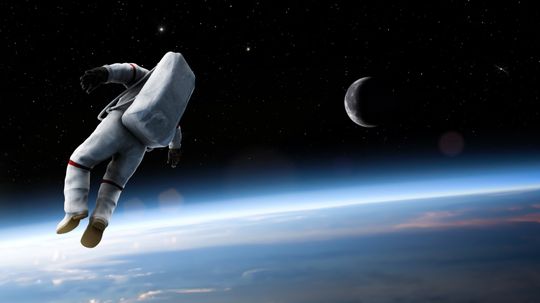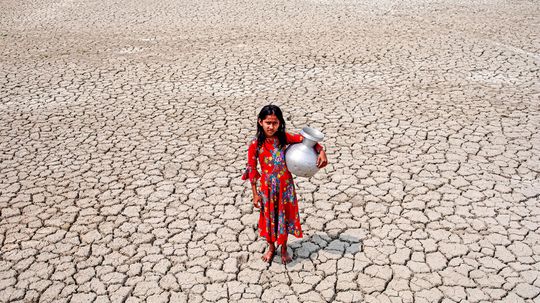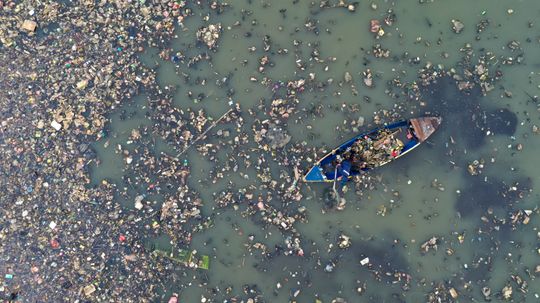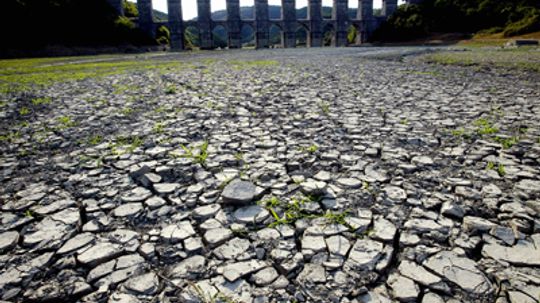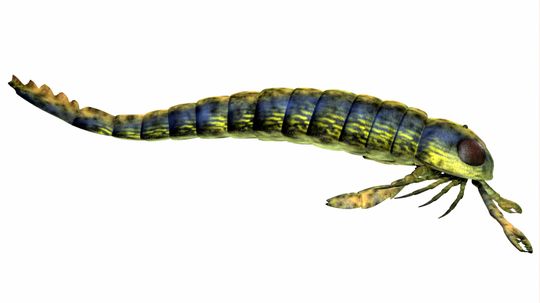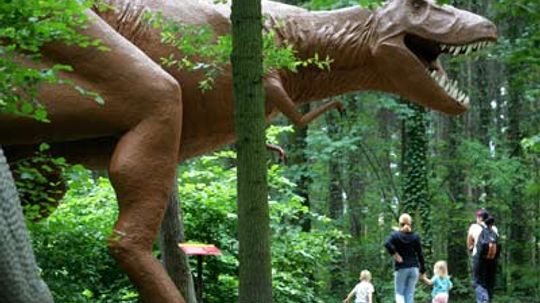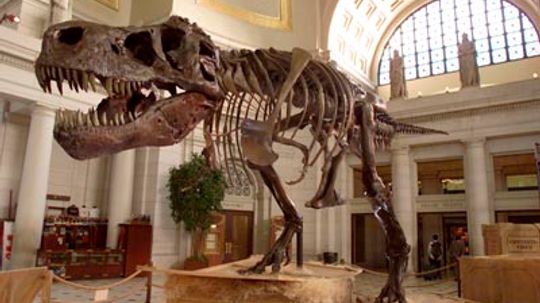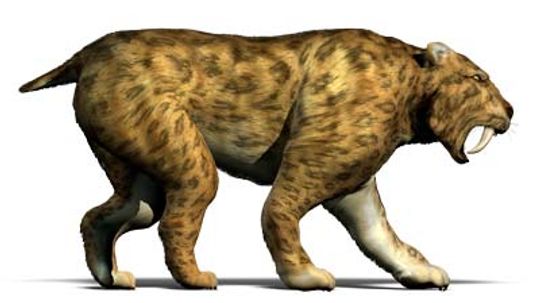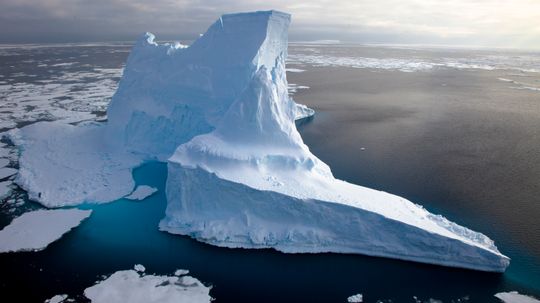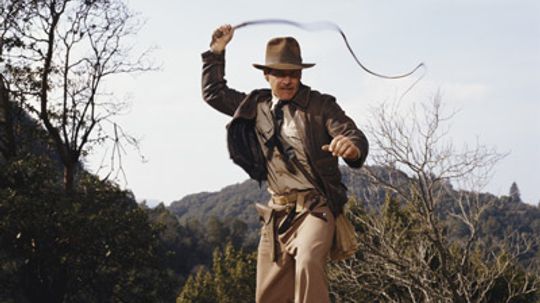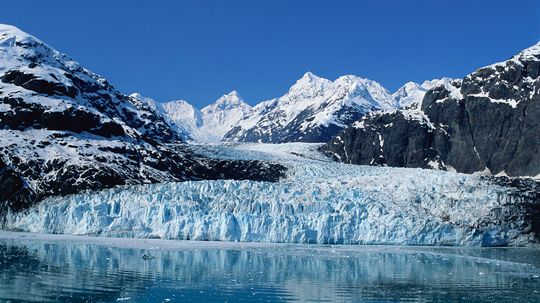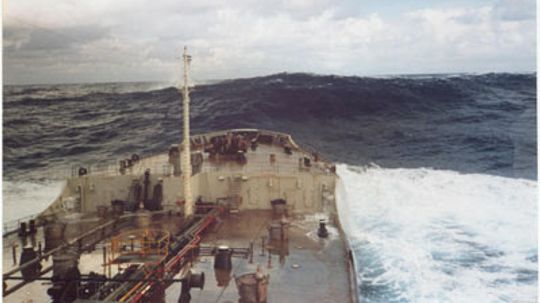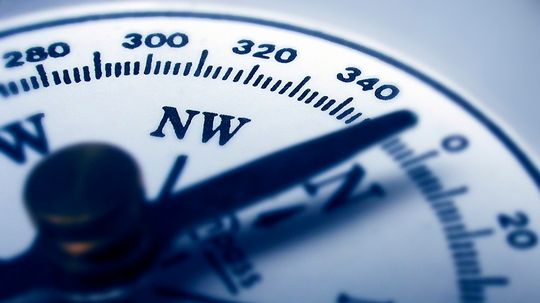Earth Science
Earth Science covers all facets of how the earth works, from from volcanoes to the world's oceans.
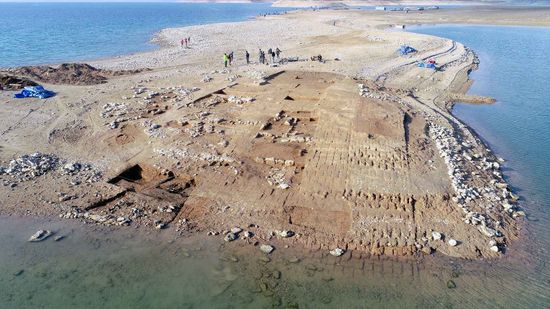
Worldwide Droughts Uncover Ancient Relics, Ruins and Remains
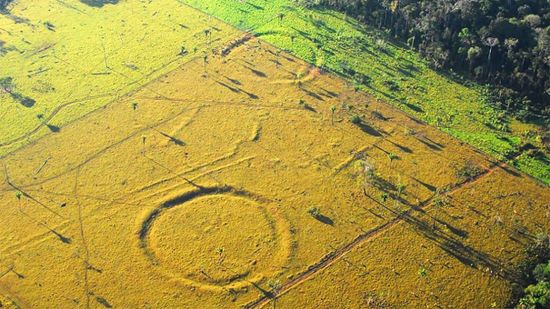
450 Huge Geometrical Earthworks in the Amazon Hint at Past Civilizations

Ancient Egyptians Believed Cats Had 'Divine Energy'

15 Types of Gemstones to Add a Little Sparkle to Your Life
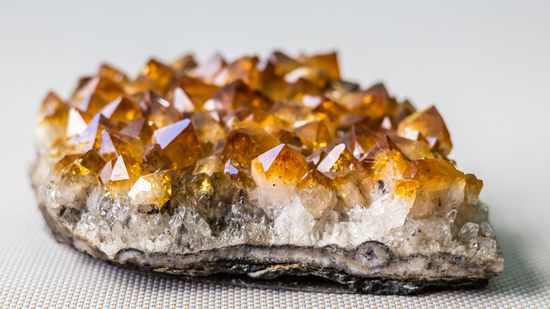
13 Brown Gemstones for Understated Elegance

10 Red Gemstones That Evoke Power and Bold Luxury

10 Longest Rivers in the U.S.: From the Missouri to the Brazos

What Is the Smallest State in the USA? Looking at Area and Population

Venice Isn't Alone: 7 Sinking Cities Around the World
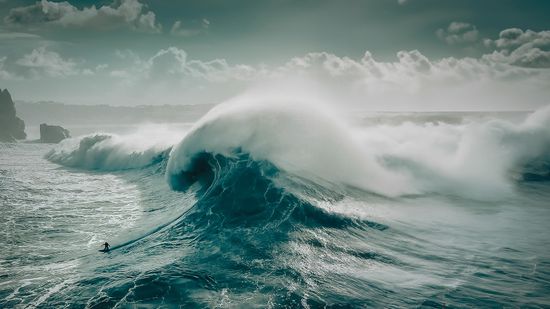
What Was the Largest Wave Ever Recorded?
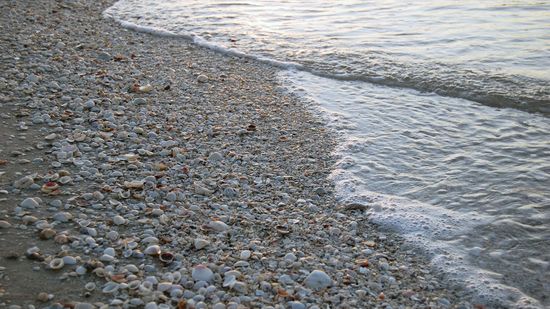
Where Have All the Seashells Gone?
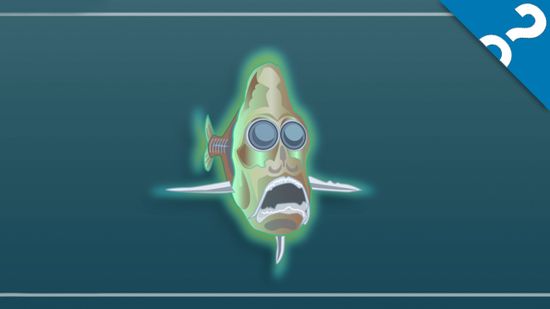
HowStuffWorks: 10 Weird Sea Creatures
Learn More / Page 5
Did you know that sand dunes can sing? And, their artistic curves certainly make for a gorgeous photograph. In fact, you might call the sand dune the diva of the desert.
By Debra Ronca
Dinosaur eggs and the embryos inside can teach us a lot about dinosaur reproduction and behavior. But how do scientists get the rocky embryos out from the equally rocky shells?
It's colorless, odorless and definitely life-sustaining, but is it invisible to the naked eye? Not usually. So what's going on with everyone's favorite liquid?
By Robert Lamb
Advertisement
We all know the cartoons of prehistoric people running from dinosaurs aren't realistic. But many animals living today have ancestors from that time.
Everyone knows that once a bone has fossilized, it's hard as a rock, right? So how did scientists find soft tissue inside a broken dinosaur bone?
Diamonds are beautiful and popular - but not everyone can afford these gems. While man-made versions are less expensive, most lack the luster and brilliance of the real thing, except moissanite. See how it compares!
By Melissa Russell-Ausley
A seismograph can accurately measure the movement of the Earth during a quake. How does a seismograph work, though, and what is the Richter scale that is associated with earthquakes? Learn the answers to these questions in this article.
By Sascha Bos
Advertisement
Water is one of the most abundant substances on the planet. About 70 percent of our planet is covered by oceans, but just how much water is there on Earth?
Gravity is a force that we experience every minute of our lives, but hardly notice or give a passing thought to in our daily routines. Have you ever wondered what gravity is and how it works? Learn about the force of gravity in this article.
In its purest form, it's odorless, nearly colorless and tasteless. It's in your body, the food you eat and the beverages you drink. All forms of life need it. What substance is more necessary to our existence than any other? Water.
Water is just hydrogen and oxygen, so why can't we do what nature does and combine the two? Unfortunately, it's not that simple, and the results can be rather ... explosive.
Advertisement
The Great Pacific Garbage Patch is the world's largest landfill, and it can be found in the middle of the Pacific. Millions of pounds of trash collect here.
On a planet that is 70 percent water, people don't have enough clean, safe water to drink. We're in a water crisis, and water rights are becoming a big issue. What happens if we just plain run out?
By Josh Clark
The sea scorpion may have been the largest bug to ever live on the Earth, according to a recent find. Learn more about the giant sea scorpion.
By Josh Clark
Are dinosaurs real? Most people don't have to travel too far to answer that question in the affirmative with some kind of exhibit displaying dinosaur fossils. Or simply look at any bird you can see outside your home.
Advertisement
Hieroglyphics used to be a language that no one -- Egyptian or otherwise -- could decipher. With the help of the Rosetta Stone, that all changed.
The 1993 movie "Jurassic Park" did a good job of bringing the idea of cloning dinosaurs into popular culture. It portrayed dinosaur cloning in a way that made sense to a lot of people, but is it really possible?
Every time a new fossil is found, one of the first things scientists determine is how old that fossil really is. But how do they determine it, and how can they be completely accurate?
Saber-tooth cats have long been likened to tigers, but they aren't tigers at all. While they share some physical traits and hunting practices with tigers, saber-tooth cats are also quite different.
Advertisement
One iceberg sank the unsinkable Titanic, and another exploded in front of an expedition. These floating chunks of ice carry their bulk deceptively below the surface of the water. What else are they hiding?
Archaeology is the study of humanity's material remains -- even a piece of an ancient pot can tell us a lot about the past. But how do archaeologists make sense of these relics?
By Sarah Dowdey
Glaciers are rivers of ice and are the largest moving objects on Earth. Learn about glaciers and find out how much freshwater are frozen in glaciers.
Fossils tell a story, much like the clues at the scene of a crime. Researchers look for evidence and paleontologists study that evidence to answer questions about the past.
Advertisement
Also known as "freak waves," these colossal walls of water have been alleged to be in the range of 100 feet or more. Learn what separates rogue waves from other large waves, what causes them and find out about some of the better-known rogue wave incidents.
You probably know that the North Pole does not stay in the same spot. The North and South Poles can actually change positions. What causes this? Find out in this article.
